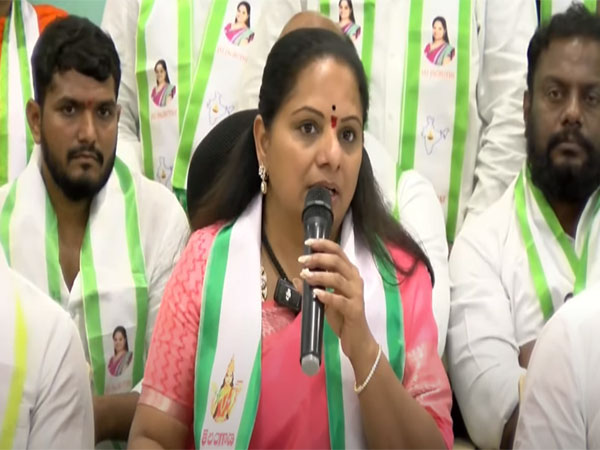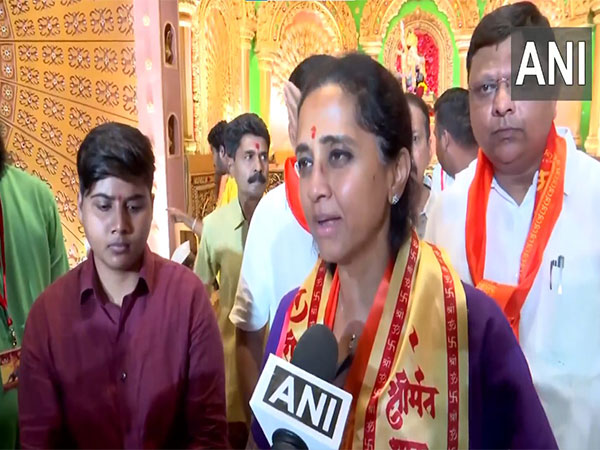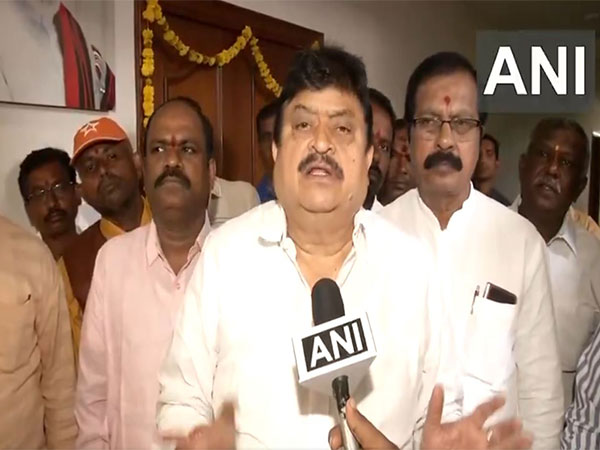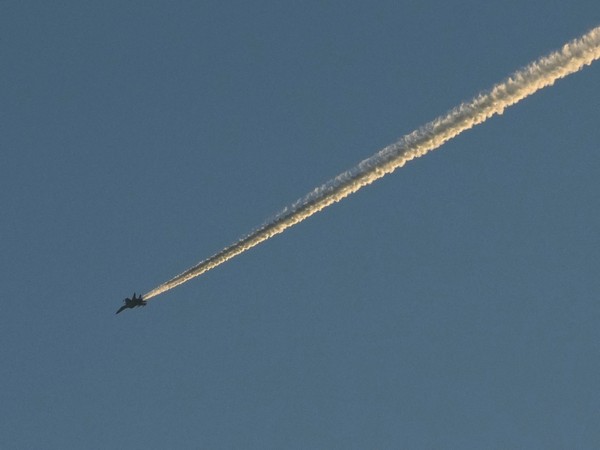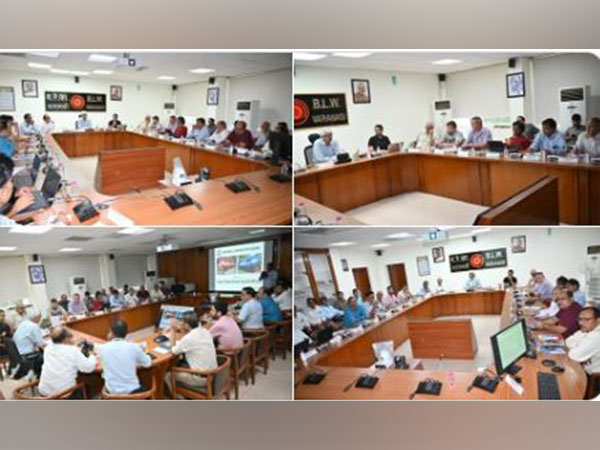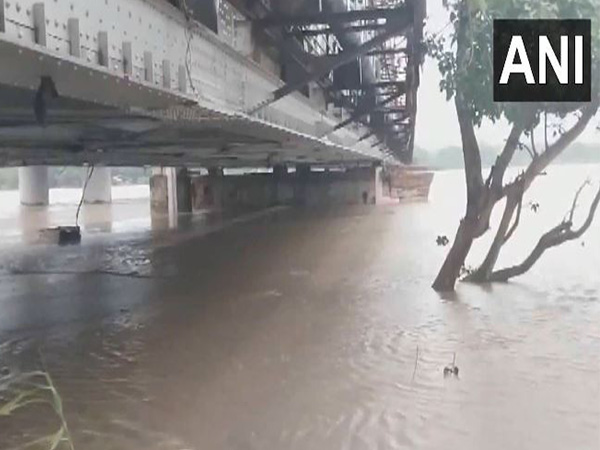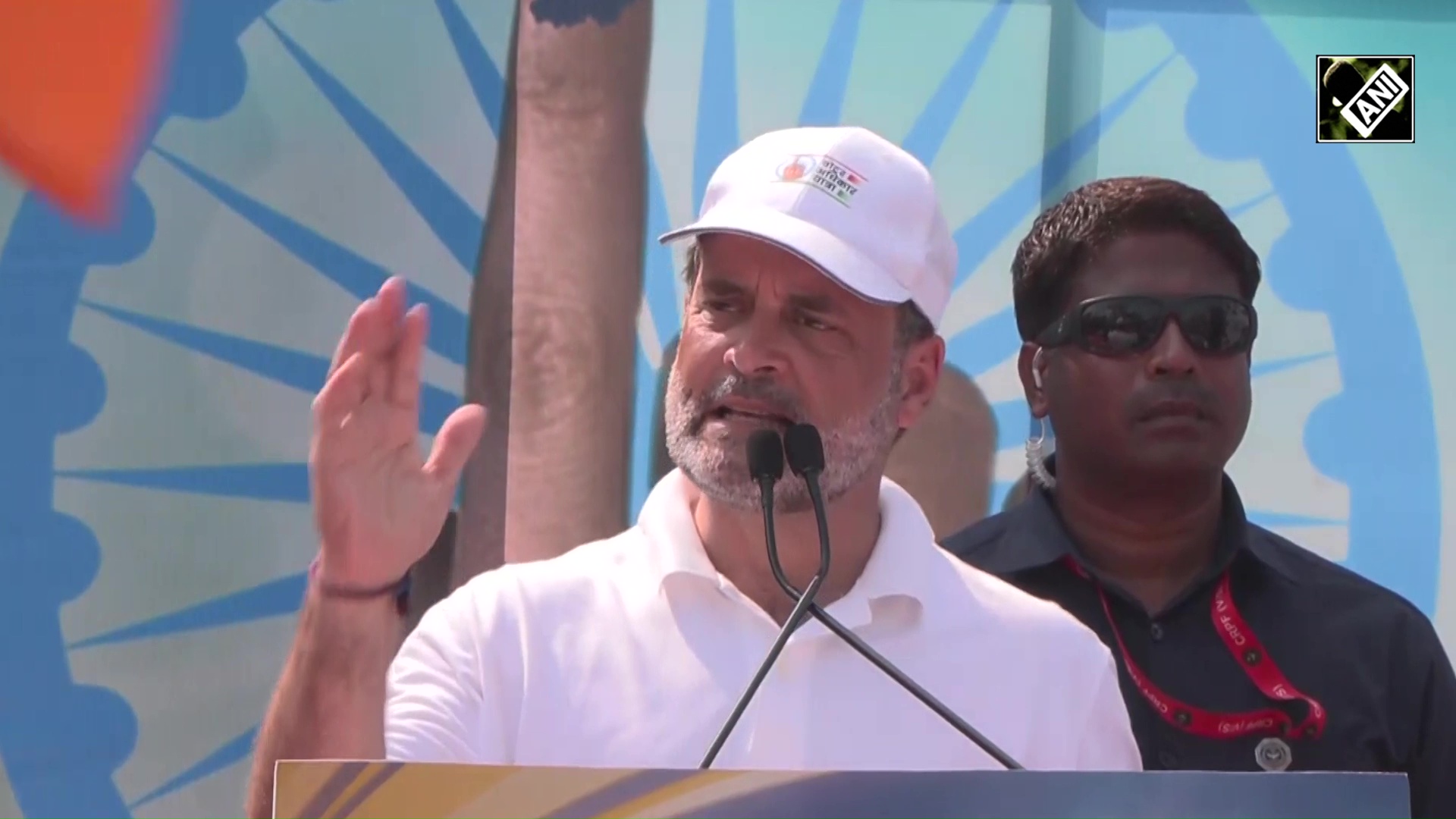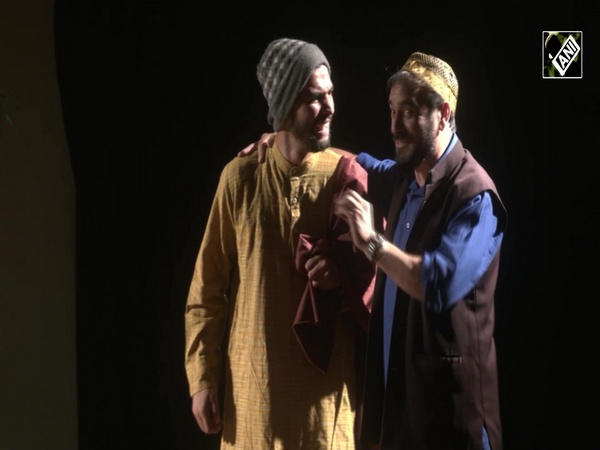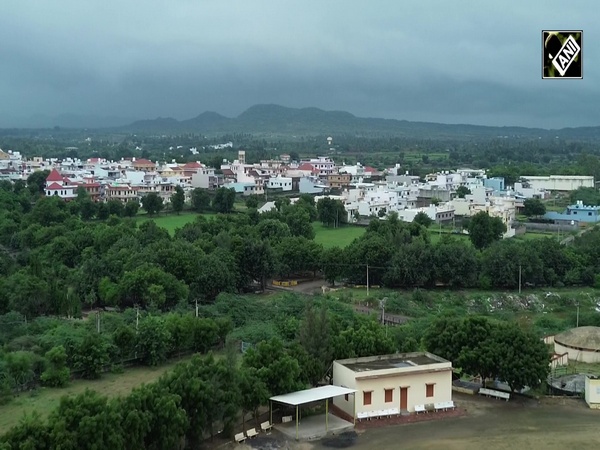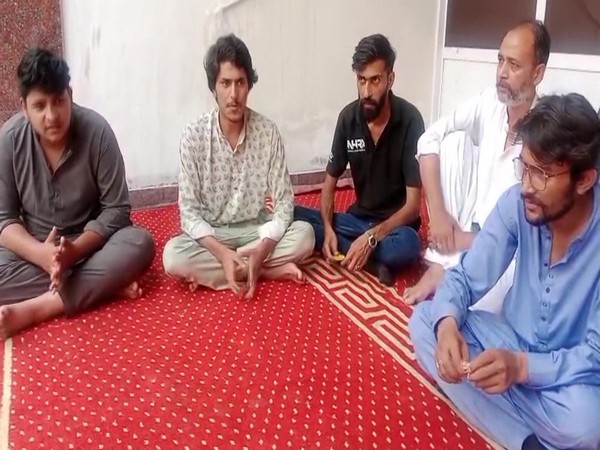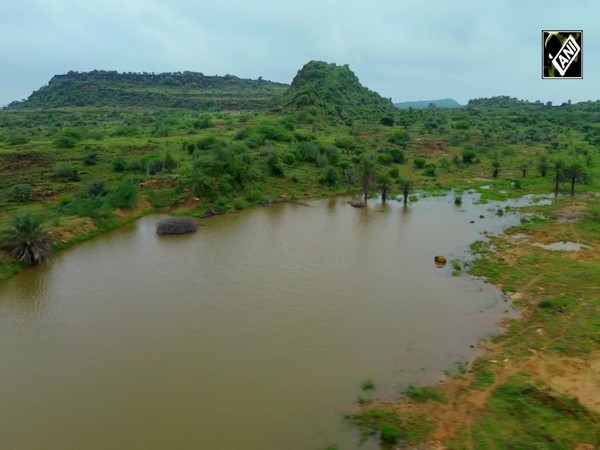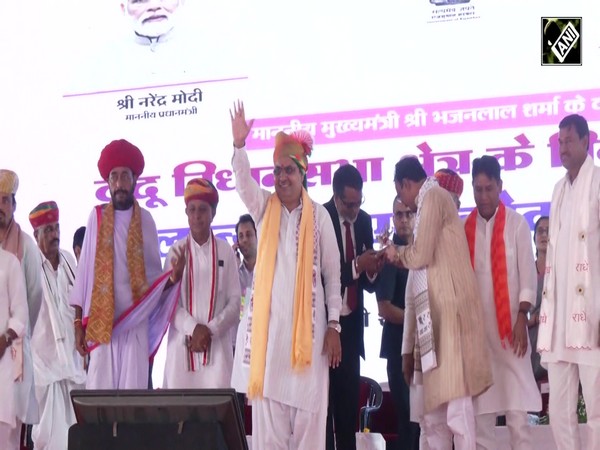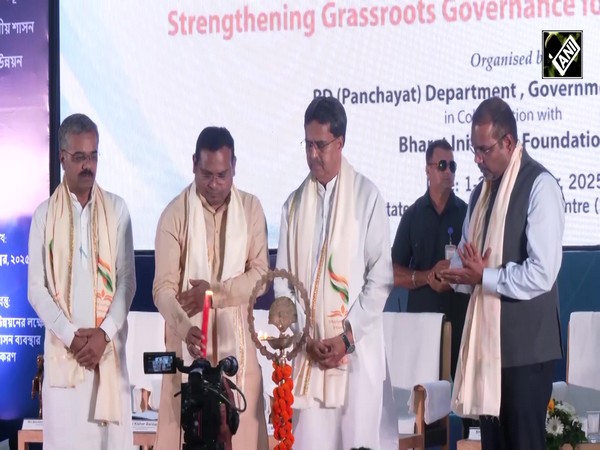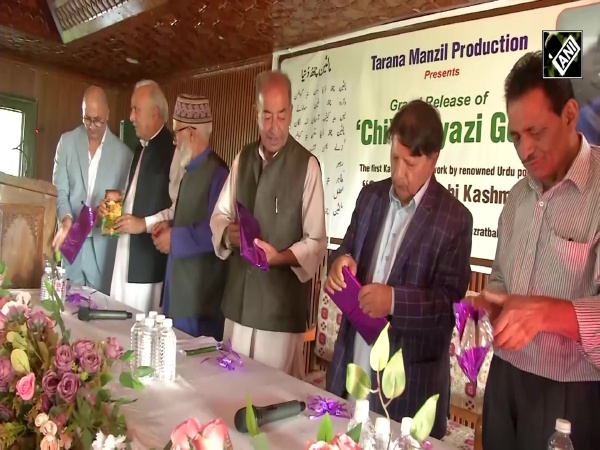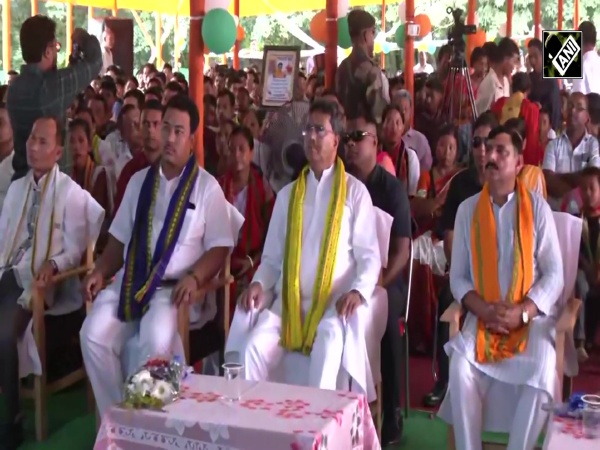Arunachal's Gorsam Kora Festival celebrates India-Bhutan friendship, cultural heritage of Himalayan Buddhism
Mar 10, 2024

Zemithang (Arunachal Pradesh) [India], March 10 : Nestled in the scenic Tawang district, the Zemithang valley along the Nyanmjang Chu River holds historical significance as the sanctuary where the 14th Dalai Lama found refuge upon his escape from Tibet in 1959.
This annual festival, the Gorsam Kora, is held at Gorsam Chorten, a 93-foot-tall stupa built during the 13th century AD by a local monk, Lama Pradhar.
This landmark and icon for Himalayan Buddhism is older than the Tawang Monastery located in Tawang town, about 92 km to the east. It is modelled after the Boudhinath stupa of Nepal and also has a spiritual companion, the Chorten Kora in Trashiyangtse, Bhutan, across the ridge to the west, built in 1740.
Thousands of devotees, including a large number of Bhutanese nationals, visit during the Gorsam Kora festival to observe the virtuous occasion on the last day of the first month of the lunar calendar.
The Gorsam Kora festival symbolised the enduring friendship between India and Bhutan and resonated with vibrant festivities. This event, highlighting the cultural richness of the region, commenced on March 7th and concluded on March 10th this year.
Organised by the local community of Zemithang in collaboration with civil authorities and with active support from local Indian Army units, the festival commenced with an invocation led by His Eminence Padam Sri Thengtse Rinpoche, followed by solemn prayers at the revered Khinzemane Holy Tree, which is believed to have been planted by the 14th Dalai Lama.
During the three-day event, chanting of sacred mantras and traditional Buddhist rituals will be conducted at the chorten by monks. The Gorsam Kora Festival attracted pilgrims and Lamas from Bhutan, Tawang, and neighbouring regions, epitomising the spirit of camaraderie and cultural exchange.
Approximately 40 civilians from Bhutan visited Gorsam Chorten, with an additional 40 Bhutanese nationals utilising the festival for trade.
The festival featured a diverse array of events, including enthralling performances by local cultural troupes and Indian army bands, as well as martial performances like Mallakhamb and Zanjh Pathaka.
Zemithang Valley has many villages nominated under the central government's Vibrant Village Program, and various community engagement activities like medical camps were organised during the festival.
This year, the festival is being celebrated under the theme of 'Zero Waste Festival', wherein a cleanliness drive is being undertaken by Further and Beyond Foundation, an NGO with support from the Indian Army and the local administration.
Wangchu, a youth from the Zemithang sports club and his friends, visibly excited about the festival, told this correspondent that the event brings guests from far-off regions and provides locals with a chance to show off their beautiful valley.
Nawang Chota, the Gaon Budha of Lumpo village, told this correspondent how the valley, which has immense tourism potential, now seems to be getting the required push from government agencies and expressed his gratitude to the Indian Army for its wholehearted support.
As part of the vibrant village program, Zemithang Valley is being developed into a thriving tourist destination, ready to attract tourists with a taste for pristine scenic beauty and serenity.
The development of tourist infrastructure--two gompas at Thonglek and Lumla, along with a museum showcasing artefacts related to the Dalai Lama--aims to transition the region into a heritage, religious, cultural and eco-tourism epicentre.
The locals are aware of the employment generation opportunity and some homestays for tourists have already been set up with support from the Indian Army.
